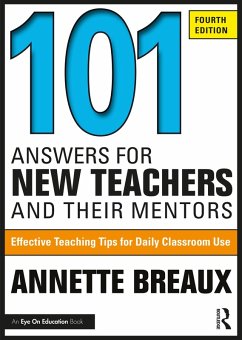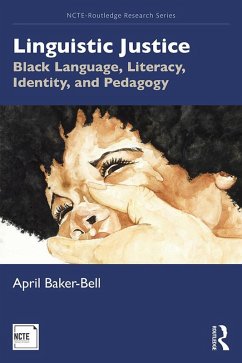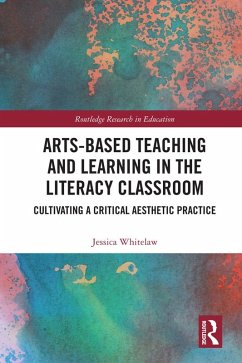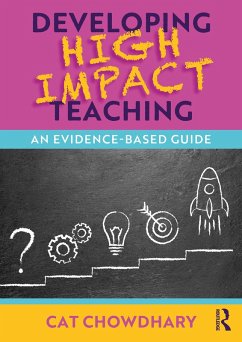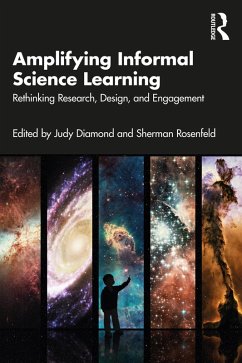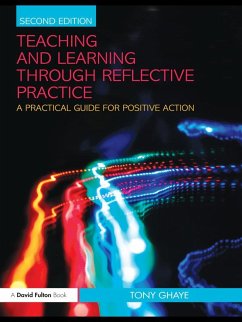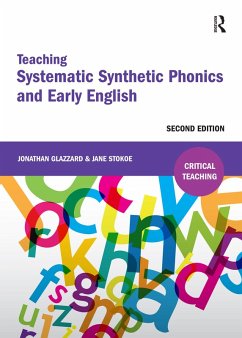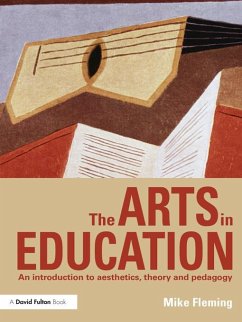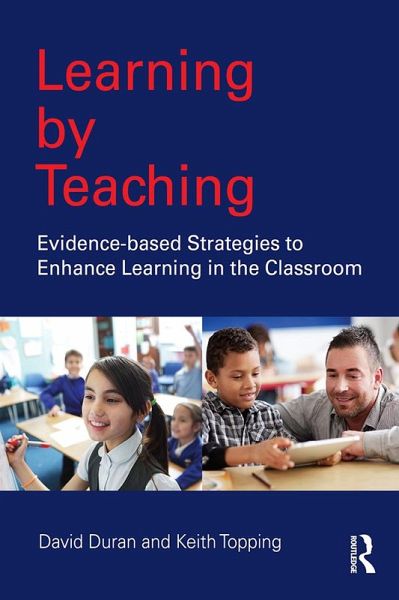
Learning by Teaching (eBook, ePUB)
Evidence-based Strategies to Enhance Learning in the Classroom
Versandkostenfrei!
Sofort per Download lieferbar
29,95 €
inkl. MwSt.
Weitere Ausgaben:

PAYBACK Punkte
15 °P sammeln!
This book provides an essential overview of "learning by teaching", unpacking the underpinning theory, research evidence and practical implications of peer learning in a variety of classroom contexts.It aims to offer practical guidance for practitioners in structuring effective peer learning - between professionals and between students alike. It locates this phenomenon in current conceptions of learning and teaching, far removed from traditional ideas of one-way transmission of knowledge. Exactly what happens to promote learning by teaching is explored. Examples of learning by teaching are dis...
This book provides an essential overview of "learning by teaching", unpacking the underpinning theory, research evidence and practical implications of peer learning in a variety of classroom contexts.
It aims to offer practical guidance for practitioners in structuring effective peer learning - between professionals and between students alike. It locates this phenomenon in current conceptions of learning and teaching, far removed from traditional ideas of one-way transmission of knowledge. Exactly what happens to promote learning by teaching is explored. Examples of learning by teaching are discussed and it is noted that this happens in school, university and the workplace, as well as through the Internet. Learning by teaching within the student body is then explored, and many different methods described. The organizational features needed to improve learning by teaching consciously and deliberately are investigated. These can be before teaching, during teaching or after teaching. Evidence-based practical guidance is given.
Of course teachers can deploy learning by teaching for themselves, but what if they also organize their students to teach each other, thereby giving many more opportunities to discuss, practise, explain and question? This takes pedagogical advantage of the differences between students - turning classrooms into communities of learners where students learn both from their teacher and from their peers.
It aims to offer practical guidance for practitioners in structuring effective peer learning - between professionals and between students alike. It locates this phenomenon in current conceptions of learning and teaching, far removed from traditional ideas of one-way transmission of knowledge. Exactly what happens to promote learning by teaching is explored. Examples of learning by teaching are discussed and it is noted that this happens in school, university and the workplace, as well as through the Internet. Learning by teaching within the student body is then explored, and many different methods described. The organizational features needed to improve learning by teaching consciously and deliberately are investigated. These can be before teaching, during teaching or after teaching. Evidence-based practical guidance is given.
Of course teachers can deploy learning by teaching for themselves, but what if they also organize their students to teach each other, thereby giving many more opportunities to discuss, practise, explain and question? This takes pedagogical advantage of the differences between students - turning classrooms into communities of learners where students learn both from their teacher and from their peers.
Dieser Download kann aus rechtlichen Gründen nur mit Rechnungsadresse in A, B, BG, CY, CZ, D, DK, EW, E, FIN, F, GR, HR, H, IRL, I, LT, L, LR, M, NL, PL, P, R, S, SLO, SK ausgeliefert werden.




